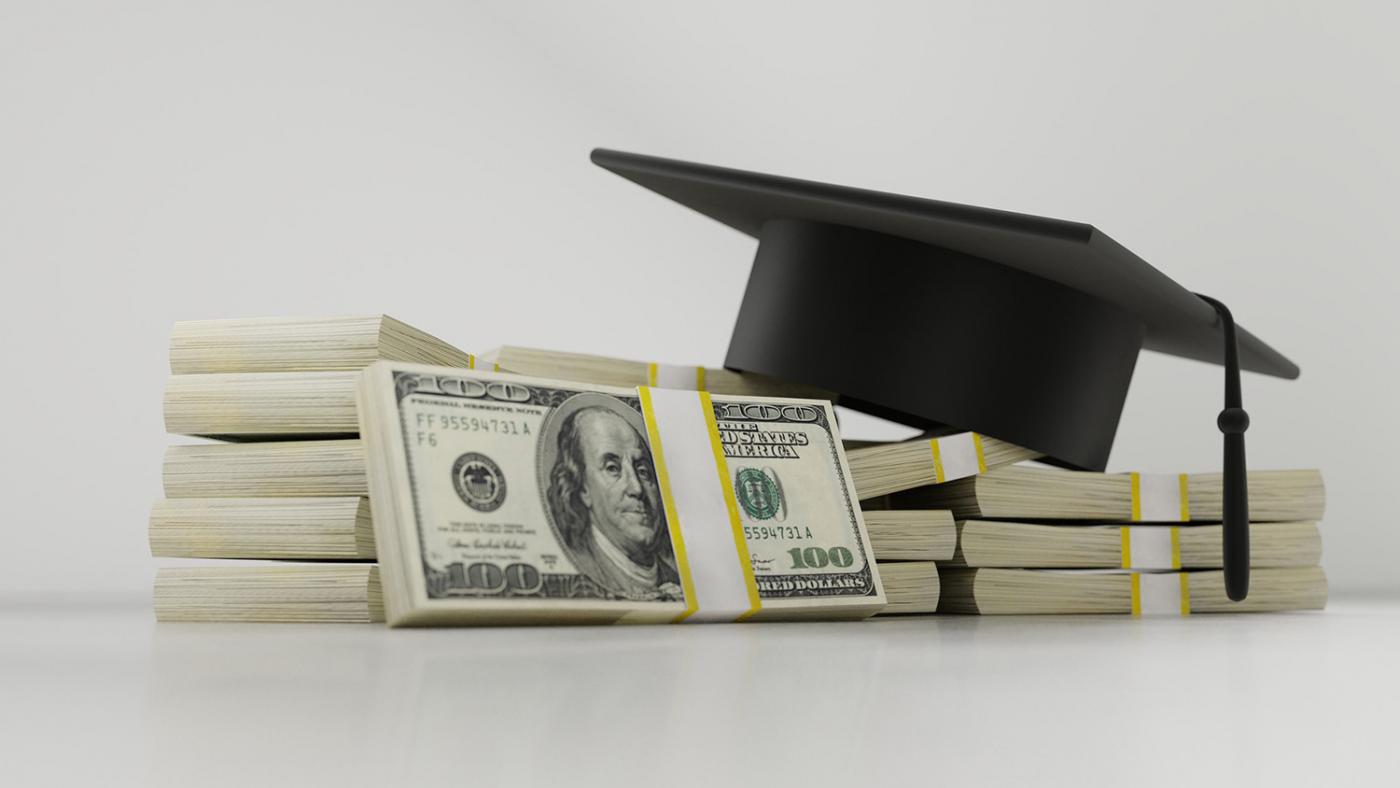A 300-euro rise
Tuition fees rise to 2,600 euros

Tuition fees rise in line with inflation. When the cost of groceries, clothes and a night out at the pub goes up, tuition fees are sure to follow – albeit with some delay.
This academic year, Dutch students and students from the European Economic Area (EEA) are paying 2,314 euros. In 2024-2025, fees will rise to 2,530 euros as a result of the soaring inflation caused by the war in Ukraine. Energy prices went through the roof, to name but one example.
Statistics Netherlands (CBS) recently announced the inflation rate for April, which sets the basis for calculating tuition fees for the following academic year. The Ministry of Education now takes the annual average from May until the end of April as the basis for this calculation.
2.8 percent
Inflation was at 2.8 percent in that period, which means that tuition fees are due to be 2,601 euros from September 2025. This could change but not by much, as the figures for March and April are still subject to minor adjustments.
Until 2022, the increase in fees was based on the inflation rate for April alone. Before that time, rises in tuition fees had been relatively modest, varying between 22 and 71 euros. But when prices rose sharply in April 2022, politicians were alarmed to discover that tuition fees were about to shoot up by over 200 euros.
This prospect led Education Minister Robbert Dijkgraaf to adapt the system so that the rise could be based on the average inflation rate over a whole year, leaving students less exposed to peaks and troughs. This measure kept the increase for 2023-2024 to 105 euros.
In 2023, however, inflation did not ease off. As a result, tuition fees are still due to rise by more than 200 euros this September. Now that it is possible to calculate average inflation over the last twelve months, it is clear that fees from September 2025 will hit 2,600 euros.
Reduction
The next academic year will also see the end of a 50-percent reduction in tuition fees for first-year students (and second-year students training to become teachers). This is linked to the reintroduction of the basic student grant.
All these figures apply to the statutory fee for students who have not yet completed a Bachelor’s or Master’s degree. The government no longer subsidises second degrees, so graduates returning to university pay far higher institutional fees for their studies. Exceptions are made for those retraining to pursue a career in healthcare or teaching.